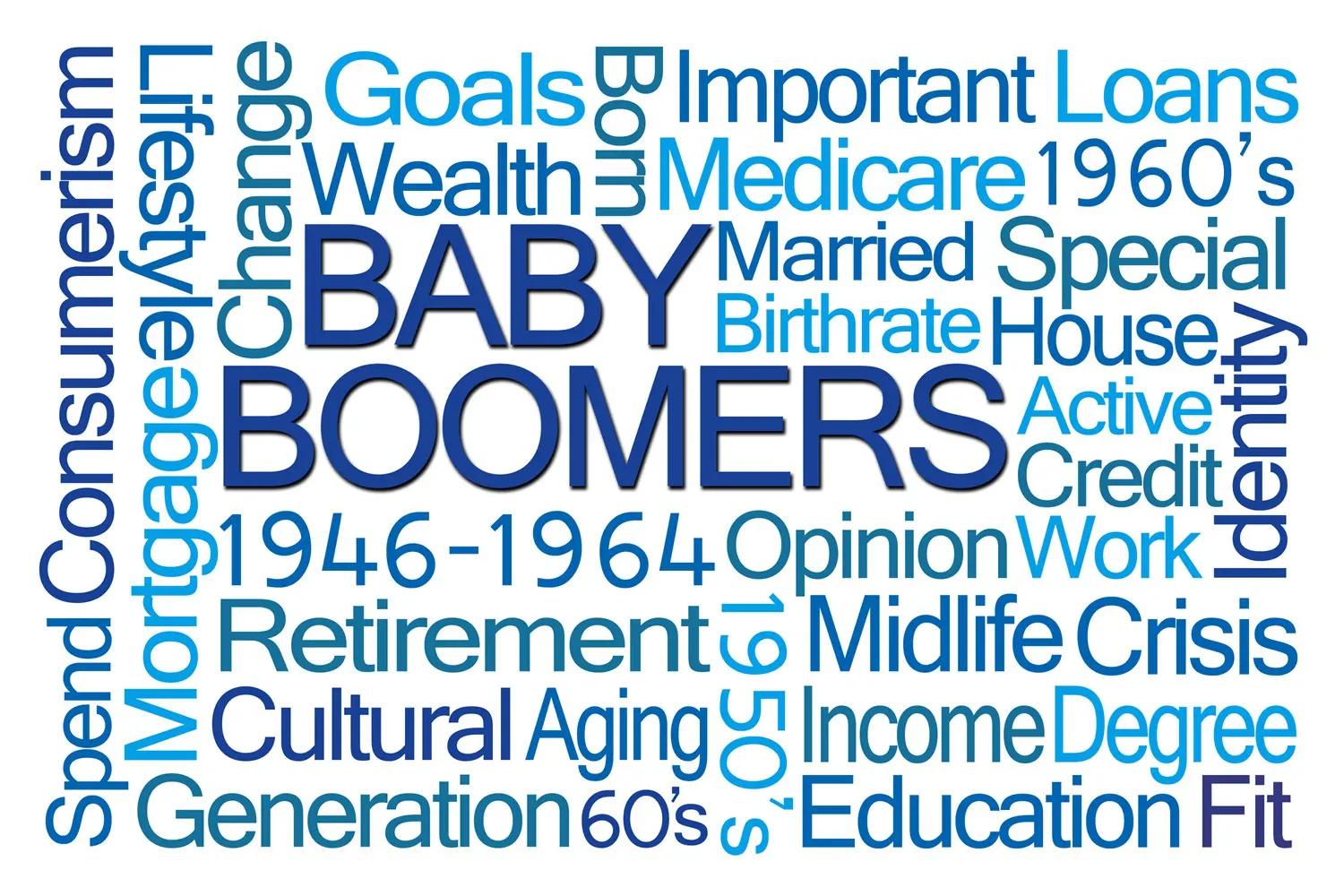Who is a “Baby Boomer”? It’s a person born during a period of time in which there is a marked rise in a population’s birth rate : a person born during a baby boom. especially : a person born in the U.S. following the end of World War II (usually considered to be in the years from 1946 to 1964).
As Baby Boomers reach retirement age, understanding Required Minimum Distributions (RMDs) becomes essential. RMDs are mandatory withdrawals from retirement accounts that can significantly impact your financial situation. Here’s what every retiree needs to know about RMDs in 2024.RMDs Are Taxed as Ordinary Income:RMDs are always taxed as ordinary income, increasing your Adjusted Gross Income (AGI). This increase can push you into a higher tax bracket, potentially resulting in higher Medicare premiums and taxable Social Security benefits. Additionally, you might lose eligibility for certain tax breaks.
Penalties:
Penalties for Not Taking RMDs:Failing to take your RMDs on time can lead to severe penalties. If you don’t withdraw the required amount, you could face a 25% penalty on the shortfall. However, if the failure is “timely corrected within two years,” according to the IRS, the penalty is reduced from 25% to 10%.
However, for 2024 and later years, RMDs are no longer required from designated Roth accounts. You must still take RMDs from designated Roth accounts for 2023, including those with a required beginning date of April 1, 2024. You can withdraw more than the minimum required amount.
Designated Roth Account:
A designated Roth account is a separate account in a 401(k) or 403(b) plan to which designated Roth contributions are made. Designated Roth contributions are not excluded from gross income and are currently taxed. Qualified distributions from a Roth account, including earnings, are excluded from gross income.
Roth IRAs Don’t Have RMDs (With One Exception):
Roth IRAs are exempt from RMDs because contributions are made with after-tax dollars. Earnings grow tax-free, and there are no RMDs as long as you meet the age and holding period requirements. The only exception is if you inherit a Roth IRA, which may require RMDs.
Generally, inherited Roth IRA accounts are subject to the same RMD requirements as inherited traditional IRA accounts. Withdrawals of contributions from an inherited Roth are tax free.
What about Other Inherited IRAs?:
IRS Stands Down (Temporarily) on Inherited IRA Required Minimum Distribution (RMD) Rules. The IRS has announced that a 25% excise tax will not be imposed against individuals who in 2024 failed to abide by the SECURE Act’s new RMD requirements for inherited retirement accounts.
What If You’re Still Working?
If you’re still working at age 73 and have an employer-sponsored retirement plan, you might not need to take RMDs from that account. However, RMDs from other retirement accounts, such as those from previous employers, will still apply. If you own more than 5% of the business you work for or if your employer’s plan requires it, you’ll need to take RMDs regardless.
RMDs Are Unavoidable:
Once you turn 73, you must start taking RMDs by December 31 each year. While there’s no way to avoid these withdrawals, you can make the most of them by reinvesting the funds or placing them in a high-yield savings account to grow your wealth further.
Conclusion:
Navigating RMDs can be challenging, but understanding these key aspects can help you manage your retirement funds more effectively. Be proactive in planning for RMDs to minimize taxes and maximize the potential of your retirement savings.
uDirect IRA Services, LLC is here to help you~! We are not a fiduciary and we do not offer tax or legal advice. We do not recommend specific investments, rather we guide you through the process to self-direct your retirement savings into assets you choose. To get started, we offer a free consultation. Schedule yours HERE – To open an account, click HERE.

